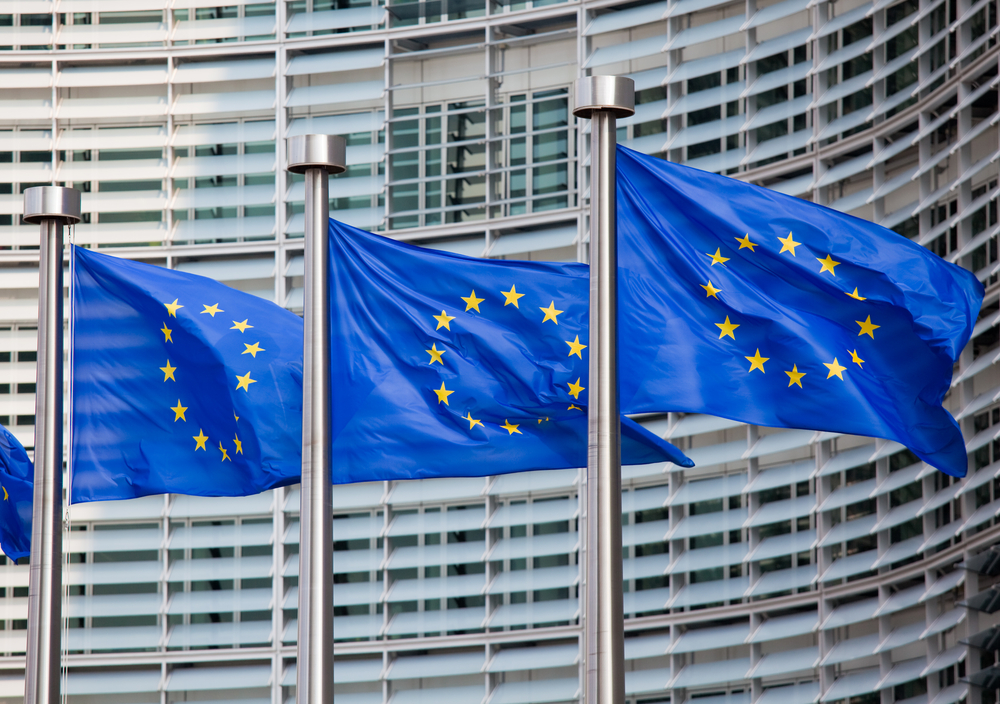Breaking
Improved public procurement to attract EU investors in PHL’s PPP projects
MANILA — The Delegation of the European Union to the Philippines (EU) has urged the Philippine government to place better public procurement in order to attract more EU investors that will participate in public-private partnership (PPP) projects.
EU Ambassador Guy Ledoux, in a forum organized by the EU and Friedrich Neumann Foundation for Freedom in Taguig City on Tuesday, mentioned three significant principles of regulatory systems in public procurement which include transparency, competition, and equal treatment or non-discrimination.
“Transparency is instrumental to ensure a fair competition among tenderers, thus guaranteeing an equitable access to public contracts,” Ledoux said.
“Competitive tendering ensures a level playing field, offering all competitors equal chances and access to the same information,” he added.
“[Finally] equal treatment encourages companies to have confidence in the process and thus encourages the best firms to participate in the procedure,” the envoy here explained.
Ledoux noted that these important public procurement regulatory structures are also applicable to PPP projects which are seen to deliver infrastructure developments in the country.
The Aquino administration has awarded nine PPP projects amounting to Php128 billion since 2010 — the highest number and amount recorded since 1992 — with six projects anew worth Php190 billion are ongoing.
“I am looking forward to seeing European companies delivering a constructive and competitive contribution to these projects – especially following the encouragement of President [Benigno] Aquino, during his Europe visit in September, seeking European companies to come and invest in the Philippines, through PPP or otherwise. The EU wants to deliver on that,” said Ledoux.
“However, some of these companies are reluctant due to problems industry faces with procurement: companies encounter problems with tendering and bidding processes that seem to work against foreign bidders,” he noted, on the other hand.
Concerns of EU companies in public procurement include short time frames between publication of tender and bid submissions which foreign bidders find it difficult to complete all requirements such as certification of eligibility and translation of documents as well as complex formal requirements like certifications and business licensing and disclosure requirements that include details of similar contracts performed in other countries or details on prices are deterrents for participating in tenders.
Ledoux cited measures that the Philippine government can consider to further attract EU investors participating in PPP projects including:
*joining the Government Procurement Agreement as an Observer;
*improving the legal framework for foreign bidders by allowing foreign companies to bid at a more equal footing; and
*implementing the Government Public Procurement Board resolution to liberalize foreign bids for infrastructure project above Php1 billion.
“The Philippines has made progress in terms of attracting FDI.
Inward FDI stocks increased from €10 billion in 2004, to €25 billion in 2013. I am proud that most of the investment stocks in the Philippines have its origin in the EU, but admittedly, this is only a fraction of the over €200 billion FDI that European companies invest every year around the world,” Ledoux said.
“This task that has just been outlined is certainly an ambitious one. However, I am encouraged by the willingness of the current administration to pass economic reform bills and to create a more conducive regulatory environment for foreign investment,” he added.
“My wish is that more European companies will find their way to the Philippines to contribute in helping create jobs and added value to your economy,” the EU envoy ended.






















